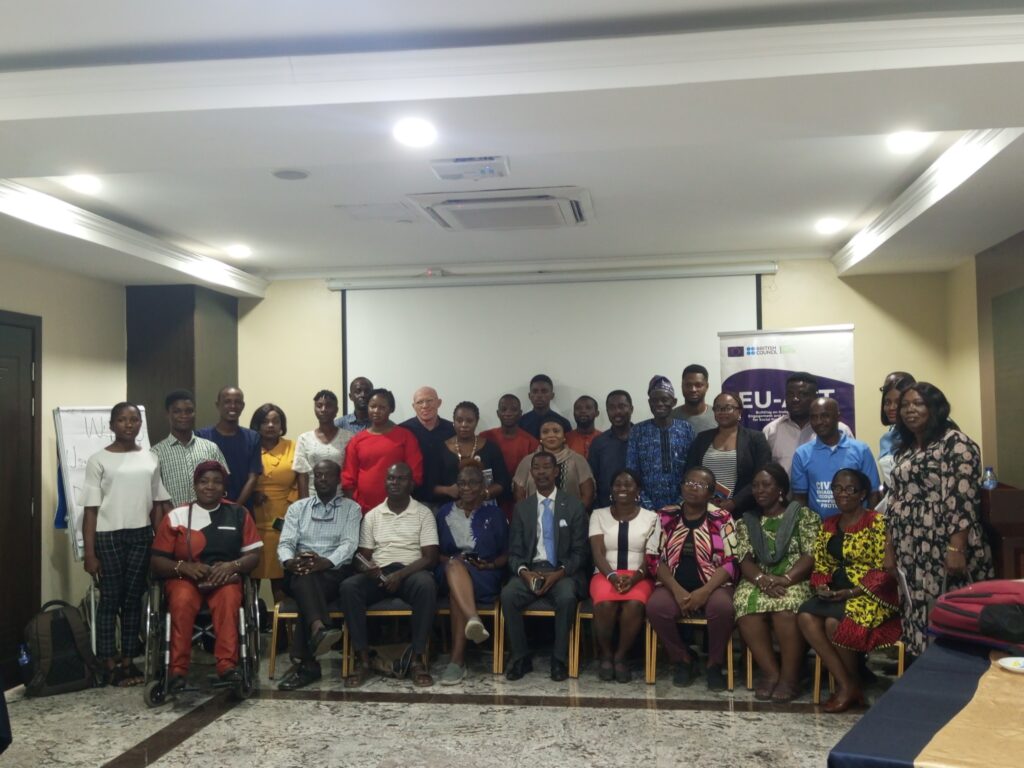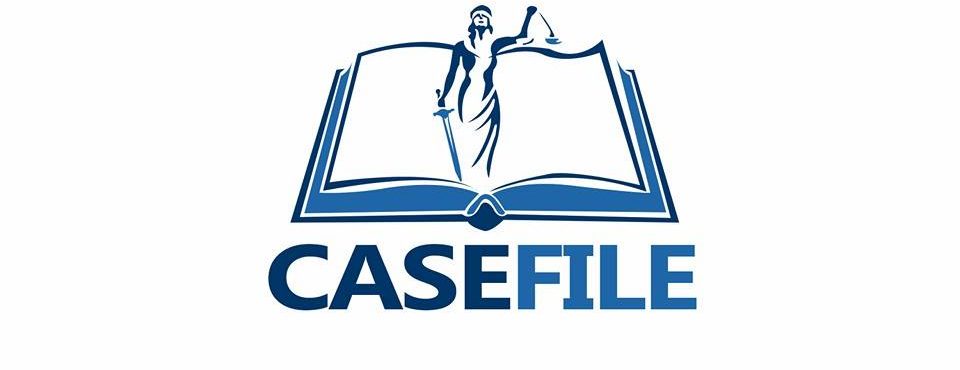To reduce level of poverty among the vulnerable groups in Lagos State, the Social Economic Rights and Accountability Project, SERAP, is advocating for utmost implementation of the social protection policy it passed since 2020 by the Lagos State.

This came to the fore during a-two-day review meeting on Wednesday, March 23, geared towards effective mechanism for promoting accountability for the policy in the state.
The group noted that not much is being done by the government since it domesticated the policy in the state.
To this end, it expressed concerns for vulnerable people in the state.
Temidayo Omoju, Senior Program Officer, SERAP, decried non-accessibility of the benefits of the social protection policy by vulnerable residents in the state, particularly among children, women, elderly and People Living With Disability, PWDs.
He stated that report of its findings on implementation of the policy in relation to education, heath were unimpressive.
He wants the government to do the needful as he claimed that primary school students from primary one to three are not yet accessing school feeding program.
“These primary school students, also includes PWDs, and these PWDs, should have access to materials or aids to materials that would help them to move around.”
He said Government has pledged various interventions to assist them to be able to move around.
According to him, “In terms of funds, the social insurance promised by the government has not started, so government is supposed to mobilise for social protection,”he noted.
He added that there is a need to take up the government on these so that the money that was supposed to be released for them can be accessed.
He said there is need to do more awareness in order to do more advocacy.
The Lagos State Government has also been urged to establish a framework that is gender-sensitive and age appropriate and inclusive of persons with disability to ensure a minimum social floor for all Lagos residents for a life of dignity.
The government was also urged to ensure that social protection law is passed for an agency to be given the autonomy to implement initiatives beyond the lifespan of any particular administration.
During the presentation of the research findings by Mr. Omoju, further noted that social assistance and social insurance schemes are two critical social Protection concepts and objectives that must be achieve to reach the goal of caring for the poor and vulnerable and ensure that citizens are lifted out of poverty and attain to a life of dignity.
Omoju explained that the research work is the first ever analysis of social protection intervention in Lagos State and it is one of the early efforts to identify the critical implementation gaps, and make visible the barriers that have hindered a robust implementation.
Omoju said it is also aimed at providing the information needed to initiate and drive a citizens led accountability mechanism for holding government to account for social protection.
“The Lagos State in order to address the challenges of poverty introduced the Social Protection Programmes as a component in the ‘Lagos State Development Plan, LSDP, between 2012-2015. The research however noted that programmes which run essentially as social assistance projects are limited in scope, implemented in ad-hoc basis and lack of coordination and continuing due mainly to the absence of of a policy framework to guide the implementation of social protection in Lagos State.”
Also, the research noted the importance of data collation whereby the data of beneficiaries will be disaggregated to ensure that the most vulnerable are the beneficiaries of the initiatives.
“This is needed to ensure that the right clients are serviced in the State. This includes increasing accessibility to the office of LASODA for registration, digitalizing the registration process, and reviewing the process of distribution of the various disability intervention funds, where that is necessary.
“The Civil Society Organization (CSOs) also need to closely monitor spending from Lagos State Office Of Disability Affairs (LASODA) so as to promote inclusion of People With Disability (PWDs) in social protection intervention. There is an opportunity for the SPCD to add value to LASODA’s annual spending and check the deliverables against the Social Protection Monitoring Evaluation Accountability and Learning Plan.
Also, Policy Objective four on Market Intervention is an opportunity to have LASG mature in social protection intervention that should reach the grassroot communities. COs and other stakeholders should turn attention to these opportunities to trigger investment in these policy measures.
The research also stated that the key campaign issues raised during the field consultations include how the MDAs are driving the message of social protection to the rural communities in Lagos State? What future projects should influence campaigns in the local communities.
Meanwhile, part of the recommendations stated that success can only be achieved in the implementation of Social Protection in the State if some of the issues raised in the research work are adequately addressed.


